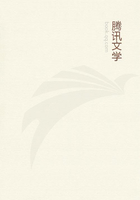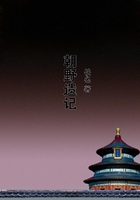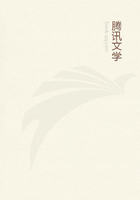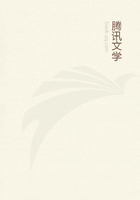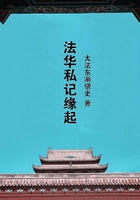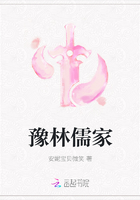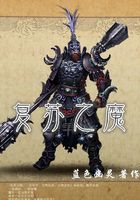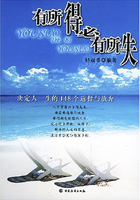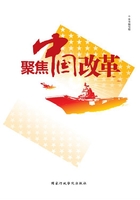(2) This he would not have done, if it had been lawful for anyone to deliver the Divine oracles to the people without the consent of Moses. (3) But Moses thought good to pardon the two men, and rebuked Joshua for exhorting him to use his royal prerogative, at a time when he was so weary of reigning, that he preferred death to holding undivided sway (Numb. xi:14). (4) For he made answer to Joshua, "Enviest thou for my sake? (5) Would God that all the Lord's people were prophets, and that the Lord would put His spirit upon them." (6) That is to say, would God that the right of taking counsel of God were general, and the power were in the hands of the people. (7) Thus Joshua was not mistaken as to the right, butonly as to the time for using it, for which he was rebuked by Moses, in the same way as Abishai was rebuked by David for counselling that Shimei, who had undoubtedly been guilty of treason, should be put to death. (8) See 2 Sam. xix:22, 23.
[Endnote 31]. (1) See Numbers xxvii:21. (2) The translators of the Bible have rendered incorrectly verses 19 and 23 of this chapter. (3) The passage does not mean that Moses gave precepts or advice to Joshua, but that he made or established him chief of the Hebrews. (4) The phrase is very freguent in Scripture (see Exodus, xviii:23; 1 Sam. xiii:15; Joshua i:9; 1 Sam. xxv:80).
[Endnote 32] (1) "There was no judge over each of the captains save God." (2) The Rabbis and some Christians equally foolish pretend that the Sanhedrin, called "the great" was instituted by Moses. (3) As a matter of fact, Moses chose seventy colleagues to assist him in governing, because he was not able to bear alone the burden of the whole people; but he never passed any law for forming a college of seventy members; on the contrary he ordered every tribe to appoint for itself, in the cities which God had given it, judges to settle disputes according to the laws which he himself had laid down. (4) In cases where the opinions of the judges differed as to the interpretation of these laws, Moses bade them take counsel of the High Priest (who was the chief interpreter of the law), or of the chief judge, to whom they were then subordinate (who had the right of consulting the High Priest), and to decide the dispute in accordance with the answer obtained. (5) If any subordinate judge should assert, that he was not bound by the decision of the High Priest, received either directly or through the chief of his state, such an one was to be put to death (Deut. xvii:9) by the chief judge, whoever he might be, to whom he was a subordinate. (6) This chief judge would either be Joshua, the supreme captain of the whole people, or one of the tribal chiefs who had been entrusted, after the division of the tribes, with the right of consulting the high priest concerning the affairs of his tribe, of deciding on peace or war, of fortifying towns, of appointing inferior judges, &c. (7) Or, again, it might be the king, in whom all or some of the tribes had vested their rights.(8) I could cite many instances in confirmation of what I here advance. (9) Iwill confine myself to one, which appears to me the most important of all.
(10) When the Shilomitish prophet anointed Jeroboam king, he, in so doing, gave him the right of consulting the high priest, of appointing judges, &c. (11) In fact he endowed him with all the rights over the ten tribes, which Rehoboam retained over the two tribes. (12) Consequently Jeroboam could set up a supreme council in his court with as much right as Jehoshaphat could at Jerusalem (2 Chron. xix:8). (13) For it is plain that neither Jeroboam, who was king by God's command, nor Jeroboam's subjects, were bound by the Law of Moses to accept the judgments of Rehoboam, who was not their king. (14) Still less were they under the jurisdiction of the judge, whom Rehoboam had set up in Jerusalem as subordinate to himself. (15) According, therefore, as the Hebrew dominion was divided, so was a supreme council setup in each division. (16) Those who neglect the variations in the constitution of the Hebrew States, and confuse them all together in one, fall into numerous difficulties.
ChapterXIX. [Endnote 33]. (1) I must here bespeak special attention for what was said in Chap. XVI. concerning rights.
End of Part IV Endnotes.

